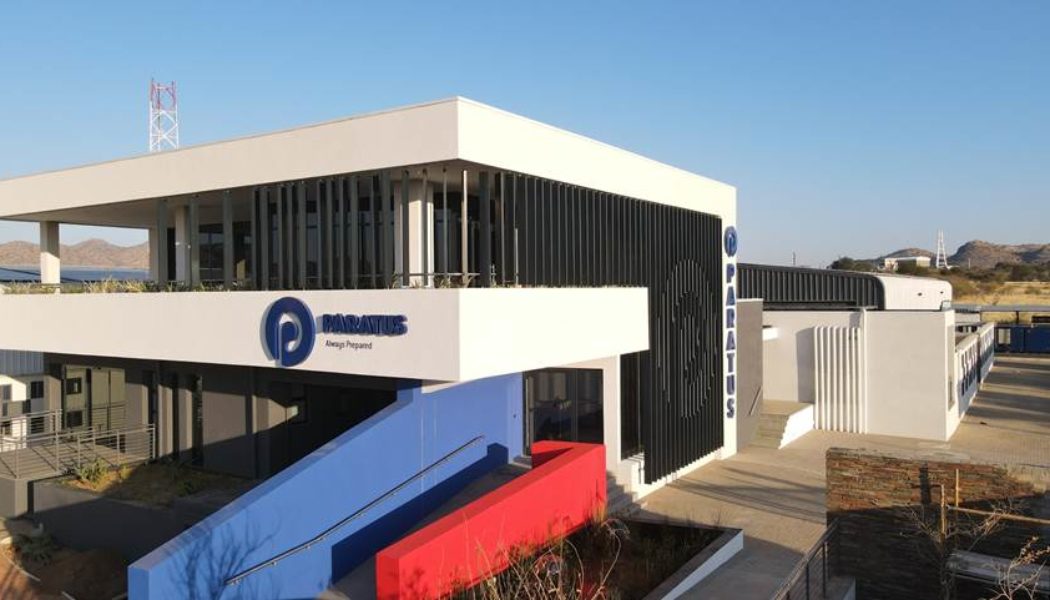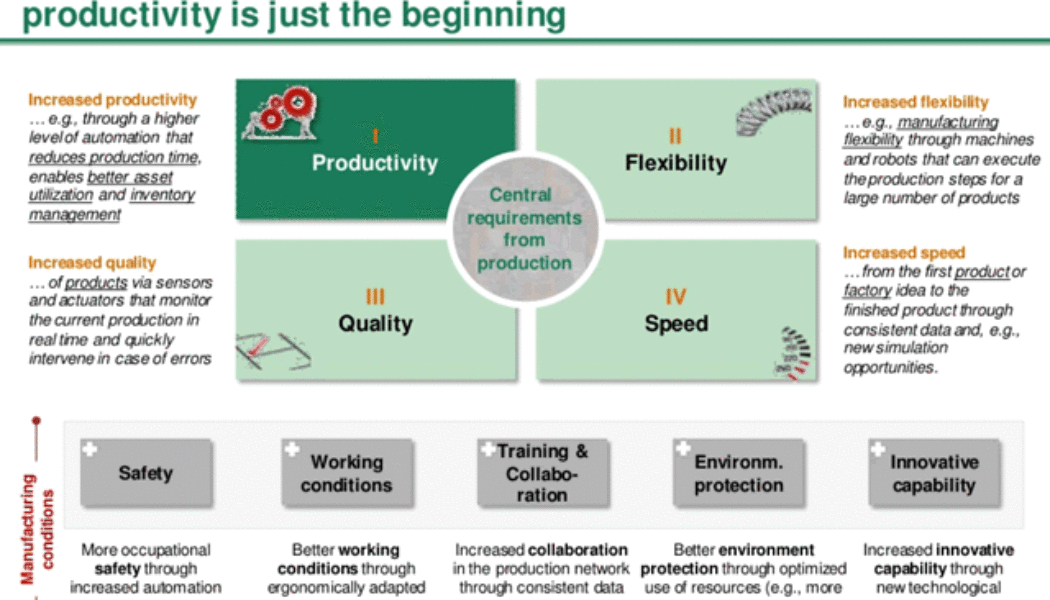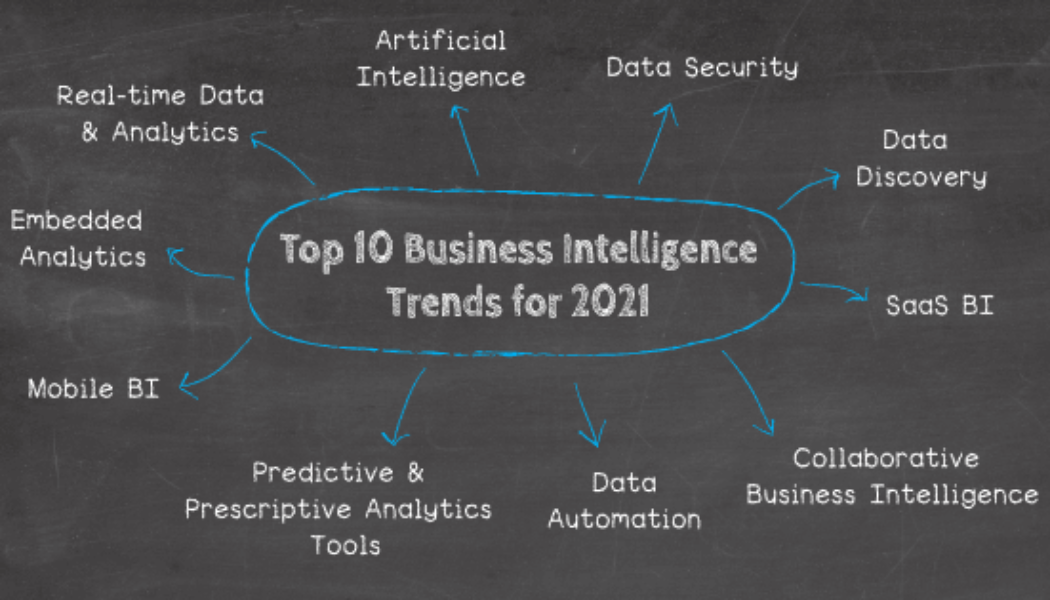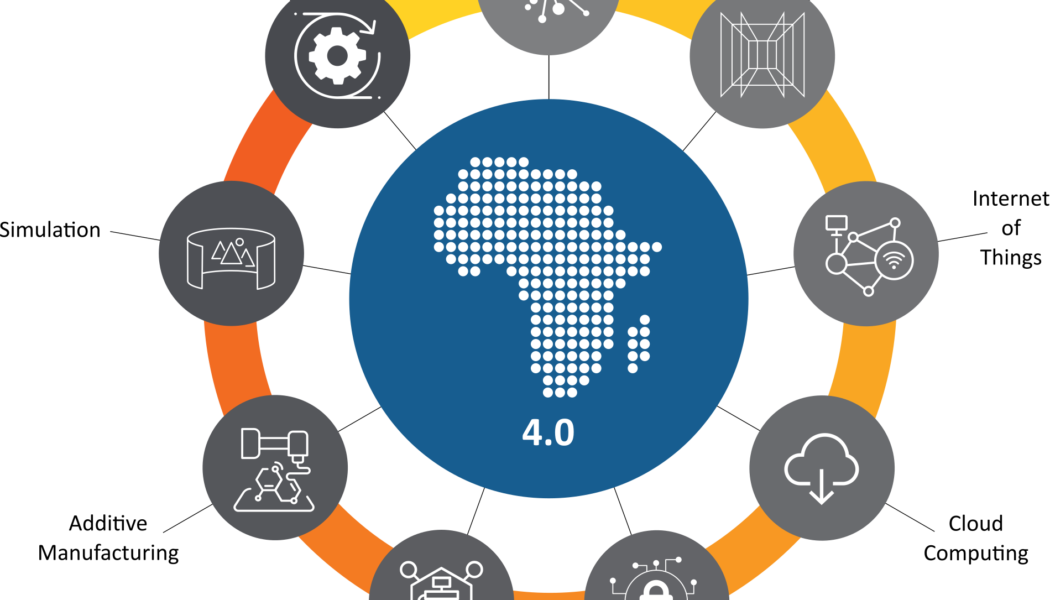4IR
Does Your Business Understand the Potential of Industry 4.0?
Zuko Mdwaba, Area VP, Salesforce South Africa. In the business world, the term “Fourth Industrial Revolution” is gradually gaining traction. What began with steam and water power has evolved into advanced computerisation and technology that is ready to disrupt virtually every industry at breakneck speed. The acceleration of the Fourth Industrial Revolution (4IR) and the digitalisation of our life is possibly one of the most significant consequences of the Covid-19 pandemic. Do businesses, on the other hand, fully comprehend the revolution’s potential and challenges? What is the fourth industrial revolution? Before we look at the opportunities that may come as a result of the 4IR, it’s important to first grasp what the 4IR is all about. It refers to how the Internet of Things (I...
Ongoing Skills Development is Key to Staying Ahead of the Digital Curve
Image sourced from Marketing91. The dawn of the Fourth Industrial Revolution (4IR) was always going to be fraught with challenges, but nobody could have predicted the massively disruptive event that was the COVID-19 pandemic. The world was thrown into turmoil and forced to adapt – it became a matter of ‘digital or die.’ The pandemic threw into stark relief the need to continually adapt skill sets to meet evolving requirements in a world where the only constant is change. With the future uncertain, one thing is for sure – ongoing skills development is the best defence to ensure organisations can pivot to handle digital disruption with ease. New World, New Skills The 2020 ‘Future of Jobs’ report from the World Economic Forum estimates that by 2025, on average, organisations will require 40% ...
The Importance of 4IR in South African Education
We use cookies on our website to give you the most relevant experience by remembering your preferences and repeat visits. By clicking “Accept All”, you consent to the use of ALL the cookies. However, you may visit “Cookie Settings” to provide a controlled consent. You Deserve to Make Money Even When you are looking for Dates Online. So we reimagined what a dating should be. It begins with giving you back power. Get to meet Beautiful people, chat and make money in the process. Earn rewards by chatting, sharing photos, blogging and help give users back their fair share of Internet revenue.
Binary Innovative Technology Solutions on a Drive to Support its Growth, 4IR and Africa Business Strategies
Image sourced from Networks Unlimited. Binary Innovative Technology Solutions (Binary), a provider of end-to-end integrated solutions, has partnered with Hitachi Vantara, a wholly-owned subsidiary of Hitachi, Ltd, and Networks Unlimited to complement its existing business suite of offerings in the ICT solutions and services, enterprise systems and digital technology arenas. This has allowed the company to take a significant step forward in its goal of maintaining the collaboration and growth that it has enjoyed over the past few months. Binary CEO Salomi Ramlall says, “We deliver innovative, customised technology solutions to our clients across multiple sectors, including telecommunications, utilities, the media, manufacturing, retail, financial management, mining and the public sector. Ou...
Nigeria Still Waiting on Federal Government’s Approval for 5G Deployment
Image sourced from the Verge. Nigeria’s final journey into the deployment of 5G technology is expected to begin sometime relatively soon, barring any unforeseen circumstances. The Guardian reports that the only obstacle to the deployment of the technology in Nigeria is approval by the country’s Federal Government. A previously existing obstacle, a supposed loose end, has recently been tightened by the Nigerian Communications Commission (NCC). Approval from the Federal Government is expected within the next few months. Nigeria’s Senate Approves 5G After two trials conducted by MTN and Ericsson in 2019, with the supervision of the NCC, Nigeria’s Upper Legislative Chamber, the Senate approved the deployment of 5G networks in the country. The Senate had agreed that the technological impact tha...
Why Dedicated Networks are Critical for Industrial Connectivity
With Industry 4.0, the manufacturing and logistics industries are in the midst of digital transformations to increase automation and efficiency. There is a lot to be gained with Industry 4.0, but it all begins with having the connectivity to support it. As manufacturers address modernization, automation and digitalization, dedicated networks offer a way to support multiple use cases, retain control of network resource allocation and ensure that critical data remains on-site. The process of integrating the networks of one or more manufacturing site can be triggered by a need to replace legacy networks or the increasing mobility requirements of their operations. A unified platform is required which integrates voice, data, video and IoT. Digitalization Driving Demand Industries are now ...
- 1
- 2





















